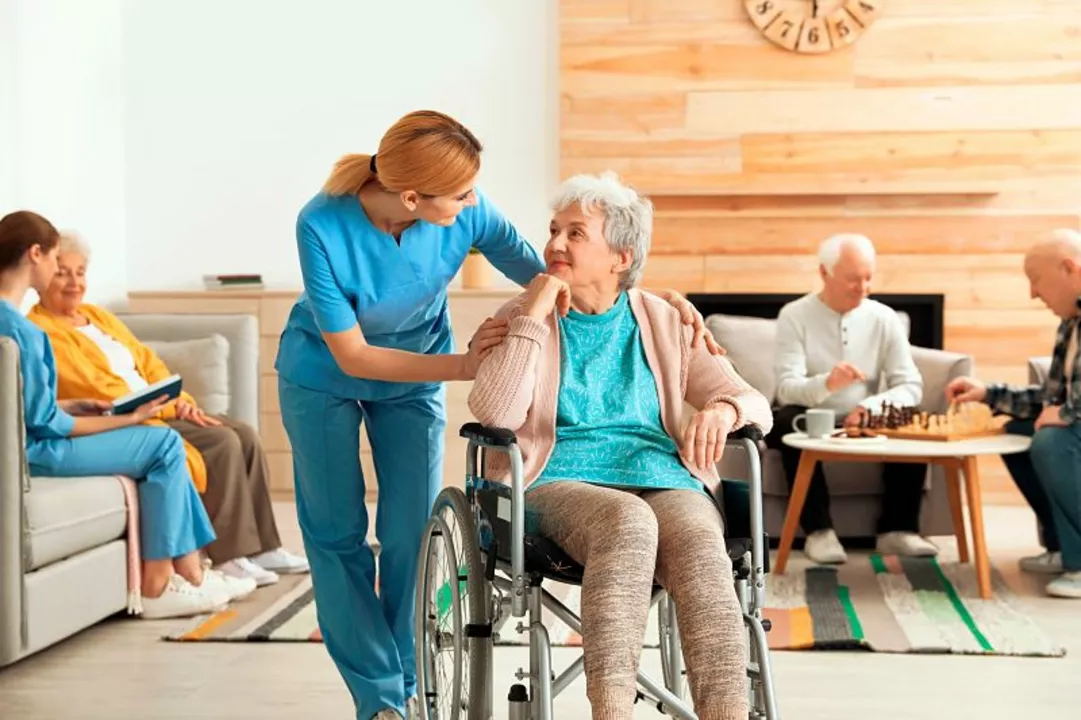Elderly Care: Practical Tips for Supporting Seniors
Taking care of older adults can be rewarding yet challenging. Whether you're a family member or a caregiver, understanding their changing health needs is key. Aging brings new concerns, from managing medications to preventing falls, so knowing what to watch for helps keep seniors safe and comfortable.
Start by focusing on clear communication. Some older adults might have trouble hearing or remembering details, so speak calmly and check in often about how they feel. Encourage regular doctor visits to catch issues early and adjust treatments as needed. Also, keep a simple medication list to avoid mix-ups.
Daily Care Tips That Make a Difference
Small changes in daily routines can improve quality of life. Help with meals that meet nutritional needs and support gentle physical activity to stay mobile. Create a safe home by clearing walkways and adding grab bars where needed. Within reason, promoting independence boosts confidence and well-being.
Emotional support is just as important. Loneliness affects many seniors, so try to stay connected through calls, visits, or community programs. Listening openly about their concerns builds trust and eases stress.
When to Seek Extra Help
Not every situation can be handled alone. If you notice confusion, frequent falls, or missed medications, consider consulting professionals. Home health aides, physical therapy, or senior centers offer extra assistance tailored to individual needs. Planning ahead for emergencies and legal decisions also saves stress later.
Remember, the goal is to balance care with respect for the senior’s wishes. Finding that sweet spot takes patience but deeply improves everyone’s experience. With the right knowledge and support, elderly care can be a positive, meaningful journey.

